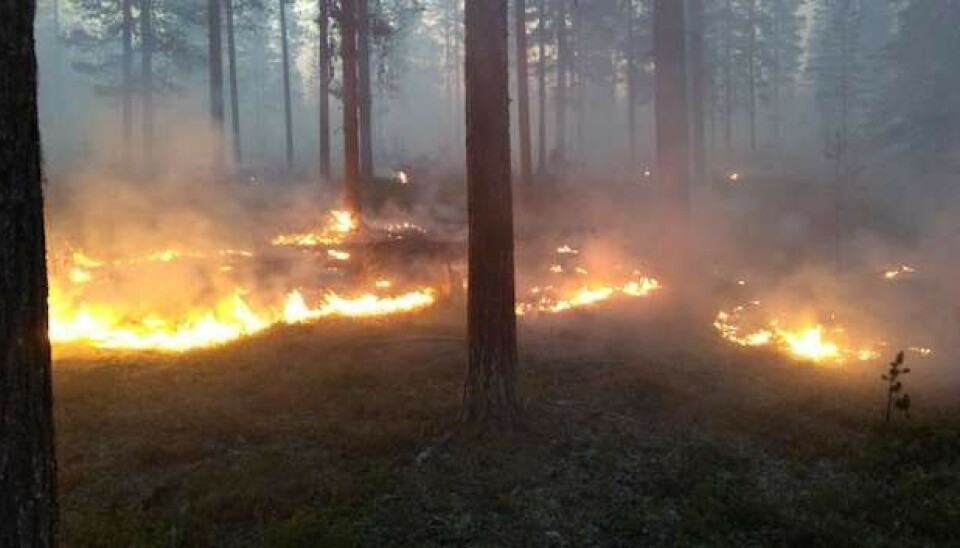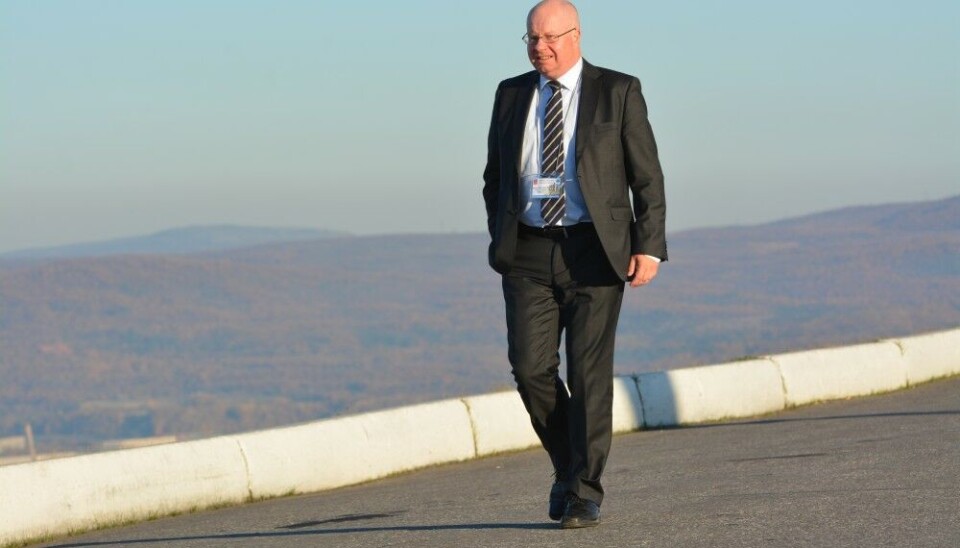
Norway launches Wildland Fires Initiative as part of Arctic Council chairship
With multiple northern nations experiencing a surge in wildfires in recent years, Norway has introduced a Wildland Fires Initiative as part of its Arctic Council chairship.
“Wildland fires are a growing emergency, and a prime example of why we need circumpolar cooperation. Wildland fires, their smoke and their impacts to communities, ecosystems and the climate are transboundary,” said Morten Høglund, the Arctic Council’s Chair of the Senior Arctic Officials.
“Under Norway’s leadership, we want to ensure that our attention is turned towards better understanding the causes and impacts of wildland fires on Arctic ecosystems and communities. It is important to the Arctic States – and the rest of the world – to find solutions. We regard this as an important offering for our climate’s future.”
Høglund said he hopes the project can help better share best practices as well as identify knowledge gaps when it comes to managing and responding to wildfires.

“We are facing an accelerating emergency, we need a comprehensive overview of the best available knowledge that is both accessible and actionable,” he said Høglund.
Surge in Arctic fires
In recent years, wildland fires have been increasing in frequency, severity and area in the North, the Arctic Council said, citing the Global Wildland Fire Information System that says the number of fires in much of the Arctic surged to a level more than three times what it was in 2018.
The Arctic Monitoring and Assessment Programme, one of the council’s working groups, says that activity from humans and natural climate drivers have increased the likelihood of severe fire hazards by up to sixfold in certain northern regions.
The fires also threaten communities in North as well as disturbing accessibility to food sources and worsening air quality.
“Climate change causes and accelerates Arctic wildland fires in several ways as rising temperatures create drier conditions and increase the number of lightning strikes – leading to a future with more and larger fires that are both more intense and stretch over a prolonged fire season,” an Arctic Council statement said.
“In turn, this creates a dangerous feedback loop as black carbon and other emissions are released into the atmosphere.”
Høglund said for the duration of the Norwegian chairship, the initiative will put on public panels and outreach campaigns.
It will also create an information sharing platform where experts from the council’s working groups, observer states, Indigenous permanent participants and relevant outside experts can input their expertise.
(The Arctic Council could not immediately be reached for details on Russian participation in the initiative or if that was still being worked out.)
Høglund said by the end of the chairmanship they also expect to publish a compendium on wildland fires that includes the state of the fires in the Arctic along with recommendations.
This story is posted on the Barents Observer as part of Eye on the Arctic, a collaborative partnership between public and private circumpolar media organizations.













